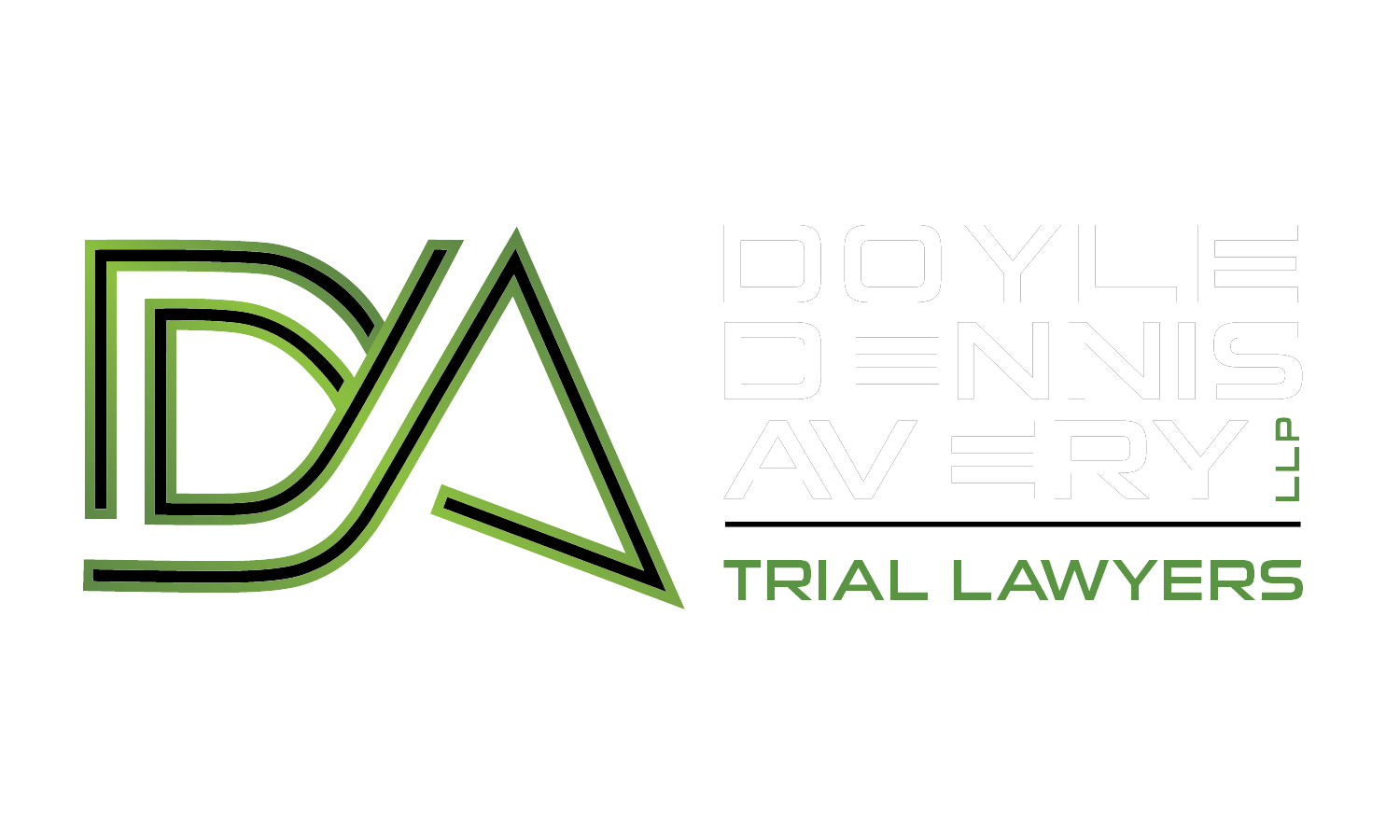Product Safety Whistleblowers
The Consumer Product Safety Improvement Act (“CPSIA”), 15 U.S.C. § 2087, provides important whistleblower protection related to manufacturing, producing, and assembling products. The definition of consumer products varies significantly, and includes products ranging from toasters to bicycles. However, the CPSIA does not apply to products governed by other statutes, including the manufacturing of vehicles (Moving Ahead for Progress in the 21st Century Act), Car seats for infants and children (National Highway Traffic Safety Administration), and Cosmetics and personal care products (Food and Drug Administration).
Who is protected?
The CPSIA provides important protection for whistleblowers and employees of consumer product manufacturers, private labelers, distributors, or retailers, who have reported unsafe products or violations of law. In particular, the CPSIA protects reports of violations of law internally within the company and externally to law enforcement. The CPSIA defines as a consumer product as a product for sale to a consumer or for personal use, consumption or enjoyment.
What is protected under the CPSIA?
Under the CPSIA, an employer may not terminate or retaliate against a worker because of the following:
- The employee reported a violation of a federal safety law to the employer, the federal government or the attorney general of a state;
- The employee testified or assisted in a proceeding regarding a safety violation; or
- The employee refused to participate or objected to an act that the employee believed violated a federal safety law.
The CPSIA mandates that the workers reasonably believed the report was a violation of the CPSA or any other Act enforced by the CPSC, or any order, rule, regulation, standard, or ban under any those Acts. In other words, even if the employee is ultimately mistaken, the CPSIA still applies and protects the employee.
How can I prove retaliation?
To prove a claim, an employee must prove that he or she engaged in one of the protected acts identified above, the employer knew about the protected act and retaliated or terminated the employee, and that the protected act was a contributing factor in the retaliation. Because direct admissions of retaliation are rare, employees generally will offer circumstantial evidence of retaliation. This may include evidence of negative treatment, differing impact, harassment, evidence of pretext, violation of company policies, and close timing in the report and adverse action.
How do I file a claim or lawsuit?
In order to preserve a worker’s rights under this statute, the employee must file a complaint with OSHA within 180 days after the retaliation or after the date when the employee learned of the retaliation. After the investigation and findings, both the employee and employer may object or request a hearing with an ALJ. This process will include discovery and testimony before the judge. After the ALJ issues an opinion, both parties may appeal to the Department of Labor. After 210 days the initial complaint, if Department of Labor has not issued a final decision, the employee may file a lawsuit in federal court under a “kick-out” provision.
What Damages are available?
As part of this lawsuit, the employer may claim damages for wages, mental anguish, reputational harm, attorney’s fees and costs, reinstatement, and punitive/exemplary damages.
The CPSIA provides significant and important protection and remedies employees of consumer product manufacturers, private labelers, distributors, or retailers. Doyle Dennis Avery LLP has substantial experience and results representing whistleblowers and targeted employees/workers, including $1.7 million verdict in Ball v. Alleyton Resource Company, a $1.9 million verdict in Reginald Newberne v. Dept. of Public Safety, and a $6.5 million verdict in Gomez v. Memorial Hermann Hospital System. If you would like to learn more about our firm or schedule a free consultation, contact us today.
Copyright © 2024 Doyle Dennis Avery LLP Trial Lawyers. All rights reserved. Powered By Blue Beam LLC
The information on this website is intended for general informational purposes only and is not legal advice for any individual case or situation. Viewing or receipt of content on this website does not create an attorney-client relationship between the user and Doyle Dennis Avery LLP.
The cases, verdicts and settlements displayed on this site are solely for illustrative purposes and should not be considered a guarantee or prediction of the outcome of any other claims or cases. Each case is unique, and past outcomes are not indicative of future results.
We recommend that users consult with an attorney for legal advice on any questions or concerns they may have. Users rely on the information on this website at their own risk.
